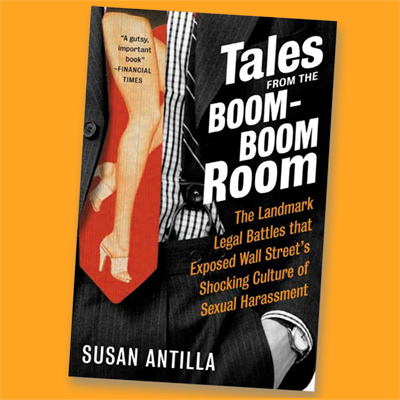Securities and Exchange Commission Chair Mary Jo White told members of the House Financial Services Committee yesterday that there would be “many challenges” in changing the rules so that stock brokers and investment advisers are similarly regulated.
That’s an understatement. Wall Street has been on a tear for years fighting efforts to demand more of stock brokers. From my column yesterday for TheStreet:
As things stand today, brokers need only sell “suitable” investments that match a client’s investment profile. But they needn’t act as fiduciaries who are duty-bound to put clients’ interests ahead of their own, as investment advisers are expected to do.
You might think it’s a no-brainer that people doing essentially the same job in the financial industry should be subject to the same rules, but you’d be thinking wrong.
There are two fights going on related to the duties of investment advisers and brokers. There’s the one Ms. White has a say in: Changing the rules so that brokers and advisers both are expected to put their clients’ interest ahead of their own — a so-called “fiduciary duty.” And there’s another related to retirement money. The Department of Labor would like to raise the standards for people giving advice in that arena, too. President Barack Obama publicly supported the idea on Feb. 23.
The unsightly battle that has Wall Street fighting to avoid a more ethical approach to its customers is the latest reminder of the gap between the way the industry portrays itself in its marketing, and the way it actually treats its customers. From my column:
“These guys advertise like doctors and lawyers and litigate like used car salesman,” said Joseph C. Peiffer, president of the Public Investors Arbitration Bar Association, or Piaba, a group of lawyers who represent investors in securities arbitration.
You can read the story here.




